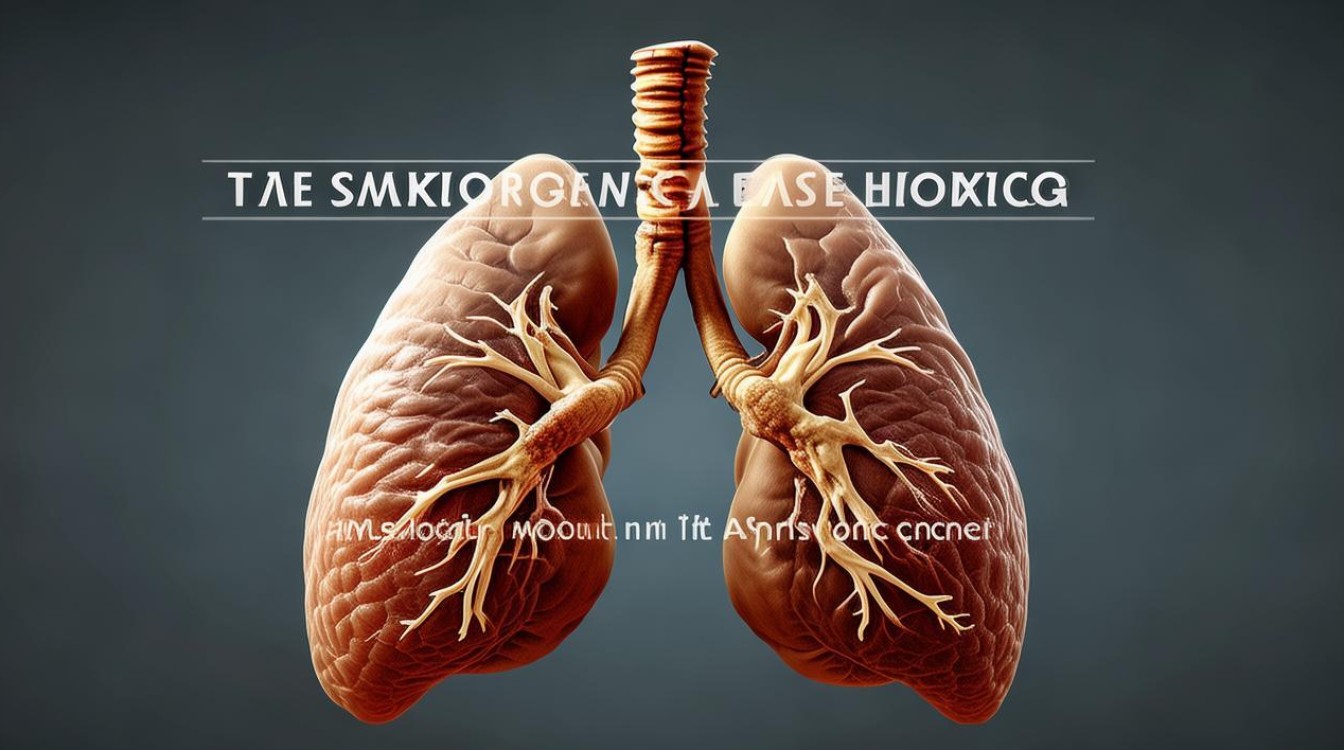Smoking is a global issue affecting millions of people, yet many still underestimate its dangers. From health risks to economic burdens, the consequences of smoking extend far beyond the individual. This article explores why smoking is harmful, supported by scientific evidence and expert opinions, to help readers make informed decisions.

Health Risks Associated with Smoking
The most immediate and severe impact of smoking is on physical health. Cigarettes contain over 7,000 chemicals, including nicotine, tar, and carbon monoxide, which damage nearly every organ in the body.
-
Respiratory System Damage
Smoking is the leading cause of lung cancer, chronic obstructive pulmonary disease (COPD), and emphysema. The toxic substances in cigarettes irritate the airways, leading to chronic bronchitis and reduced lung function. Over time, this can result in irreversible damage. -
Cardiovascular Diseases
Nicotine raises blood pressure and heart rate, increasing the risk of heart attacks and strokes. Carbon monoxide reduces oxygen in the blood, forcing the heart to work harder. Long-term smokers are significantly more likely to develop coronary artery disease. -
Weakened Immune System
Smokers are more susceptible to infections like pneumonia and influenza. The chemicals in cigarettes impair the immune system’s ability to fight off diseases, making recovery slower and complications more likely. -
Oral Health Deterioration
Smoking stains teeth, causes bad breath, and increases the risk of gum disease and oral cancer. The heat and toxins from cigarettes damage the delicate tissues in the mouth, leading to tooth loss and other serious conditions.
The Psychological and Social Impact
Beyond physical health, smoking affects mental well-being and social interactions.

-
Addiction and Stress
Many smokers believe cigarettes relieve stress, but nicotine addiction actually increases anxiety. Withdrawal symptoms create a cycle of dependency, making it harder to quit. -
Social Stigma
Smoking is increasingly frowned upon in public spaces. Non-smokers often avoid smokers due to the smell and health concerns, leading to social isolation. -
Financial Burden
The cost of cigarettes adds up quickly. A pack-a-day smoker can spend thousands annually, money that could be invested in healthier lifestyle choices.
Secondhand Smoke: A Silent Threat
Non-smokers exposed to secondhand smoke face similar health risks. Children in smoking households are more prone to asthma, ear infections, and sudden infant death syndrome (SIDS). Adults may develop lung cancer or heart disease even if they never smoke.
Debunking Common Myths
Some argue that "light" or "low-tar" cigarettes are safer, but research shows they are just as harmful. Others claim vaping is a safe alternative, yet e-cigarettes still contain nicotine and other harmful chemicals. Quitting entirely is the only way to eliminate risks.
How to Quit Smoking Successfully
Breaking free from nicotine addiction is challenging but possible with the right approach.

-
Set a Quit Date
Choose a specific day to stop smoking and stick to it. Preparation is key to success. -
Seek Support
Friends, family, or support groups can provide encouragement. Professional help, such as counseling or nicotine replacement therapy, increases success rates. -
Avoid Triggers
Identify situations that prompt cravings and develop strategies to cope without cigarettes. -
Stay Active
Exercise reduces stress and helps manage withdrawal symptoms. -
Celebrate Milestones
Reward yourself for each smoke-free day, week, or month to stay motivated.
The Role of Policy and Education
Governments and health organizations play a crucial role in reducing smoking rates.

-
Higher Taxes on Tobacco
Increased prices discourage smoking, especially among younger people. -
Public Awareness Campaigns
Educating people about smoking risks helps prevent new addictions. -
Strict Advertising Bans
Limiting tobacco marketing reduces its appeal, particularly to teens.
Personal Perspective
Smoking is a dangerous habit with no benefits. The temporary pleasure it provides is outweighed by long-term suffering. Quitting smoking improves health, saves money, and enhances quality of life. Every smoker has the power to change their future by making the decision to stop today.
By understanding the full scope of smoking’s harm, individuals can take steps toward a healthier life. The evidence is clear: smoking is detrimental in every way, and quitting is the best choice for a brighter, smoke-free future.


